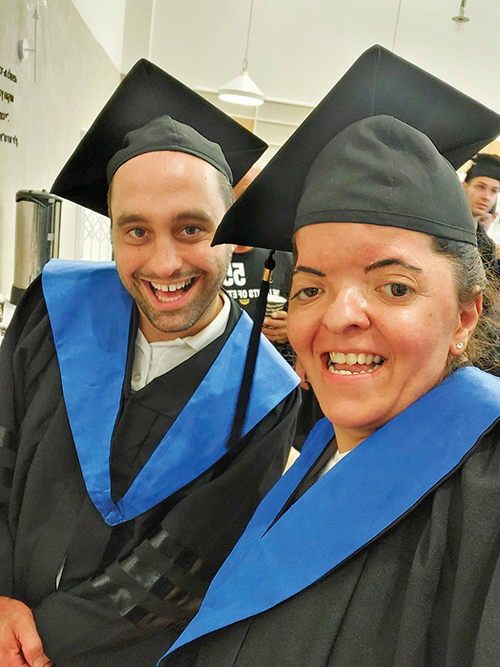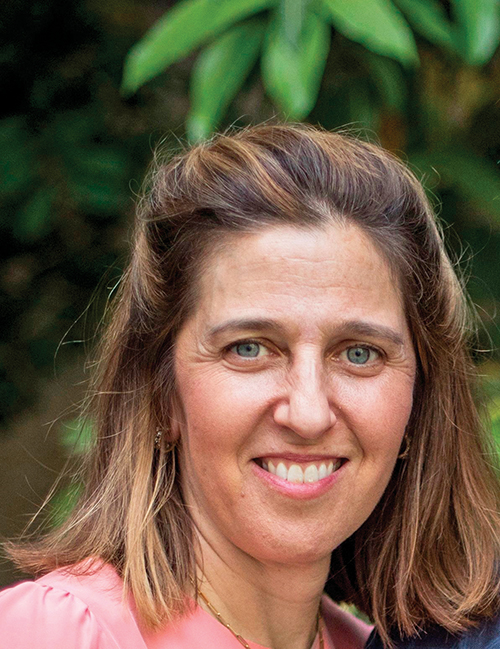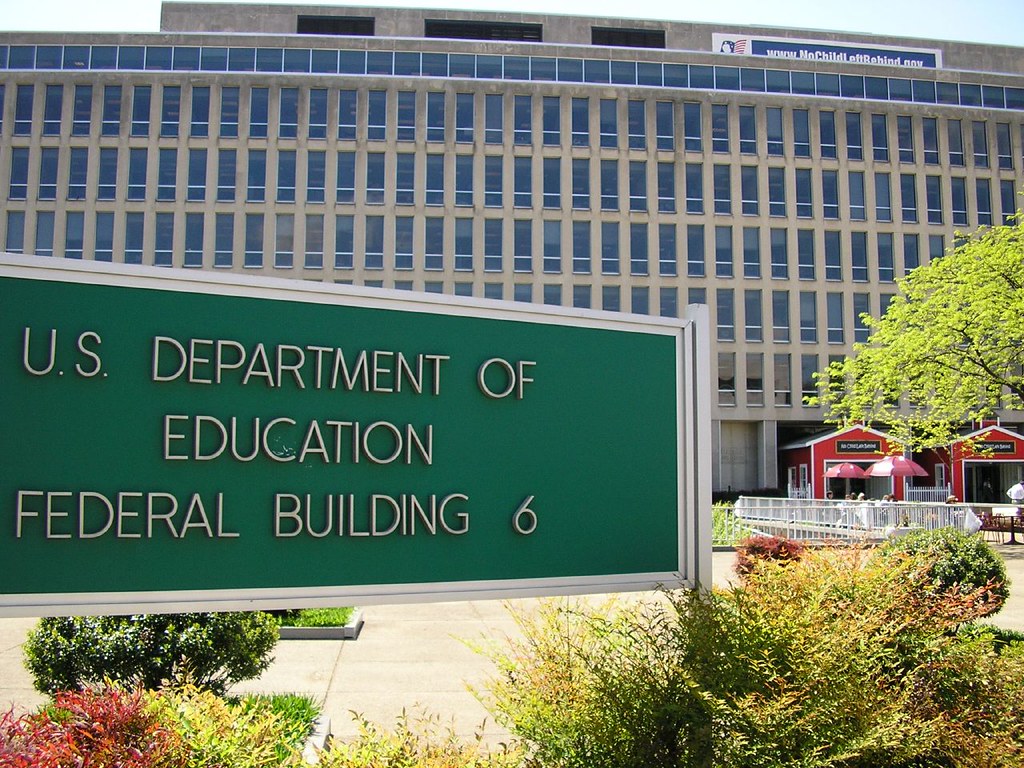
Since making aliyah from Teaneck to Modiin in 2009, Jordana Schoor has been involved in a host of social programs for the betterment of Israeli society as both a volunteer and a professional. But in 2021, the former Ma’ayanot High School Tanach teacher got her own initiative off the ground. She was inspired by an assistant teacher with disabilities working in her daughter’s classroom who profoundly impacted the students, teachers and parents alike.
The 2020-2021 school year began with a host of messages in a parent WhatsApp group asking why a woman with disabilities was working in their children’s classroom. But as the school year progressed and the parents got to know her better and witnessed the interactions between her and their children, their misguided concerns dissipated. They were able to see the assistant teacher not through the lens of her disabilities, but through her abilities and the tremendous love and warmth she had to offer. Witnessing the impact this teacher had on her own daughter, Schoor approached the principal at the end of the year and asked if other elementary schools around Israel were employing staff with disabilities and if not, why not? Before she knew it, she was spending hours a day on the phone in her broken Hebrew trying to identify opportunities to better integrate adults with special needs into the Israeli elementary school system.
Through many phone calls, letters and knocking on doors, Schoor remained persistent and was able to make the connection to Gvanim, an NGO that provides a range of services to people with disabilities, helping them acquire the tools to better integrate into society. Gvanim was able to identify a home to nurture Schoor’s vision. In 2021, a program called “Special in Education” was established at David Yellin College of Education in Jerusalem to offer young adults with physical and mental disabilities a certificate as a classroom assistant. Gvanim provides the young adults with vocational training and job placements once they graduate. Since the program’s inception, 46 individuals have gone through this program.

“I call it win-win because the school wins by having this amazing opportunity and the person with special needs has this profession for many years,” Schoor said. “I always cared about education and thought that this could really change the school community.”
Schoor fought for the graduates of this program to be integrated into elementary schools because it is a critical age for children to learn about acceptance of people with differences and respect for the other. One young student shared that he learned from his classroom assistant named Sapir that people with disabilities can do everything they want—as he shared in his own words—and that it is important for the rest of society to give them proper respect.
While Israel has certain laws in place mandating the inclusion of people with disabilities into the workforce, that does not always trickle down into the education system. Often people with disabilities are placed as cleaning staff or in other non-frontal roles where their interaction with other people is limited. Schoor works to raise awareness for Special in Education across different municipalities to encourage these placements. Currently, about eight municipalities around Israel work with Gvanim to hire graduates of the program in their schools as classroom assistants.
According to Schoor, Special in Education represents the first time ever that there has been a formal initiative to advance employment of people with disabilities in the Israeli school system.
Schoor has already been to three graduation ceremonies. She pays a great deal of attention to the parents of the graduates, whom she says are often blown away when they see how their children have developed. She dreams that one day Special in Education will be fully integrated into the Ministry of Education as a national program, and hopes to see a pilot program in the near future in a Jewish day school in the United States or Canada.
“There is no reason why every day school in North America should not have staff with disabilities,” she said. “It really changes the entire culture for the students, teachers and parents.”
Despite the language and culture barriers, Schoor was able to successfully transform her idea into a meaningful social endeavor for the improvement of Israeli society. “I hope a good lesson for me and others, my children especially, is that we can all make a difference. And sometimes it’s about just overcoming those fears,” she said.
To support this initiative visit https://www.jgive.com/new/en/ils/collect/donation-targets/84824/amount
Alisa Bodner is a Fair Lawn native who immigrated to Israel over a decade ago. She is a nonprofit management professional who enjoys writing in her free time.










